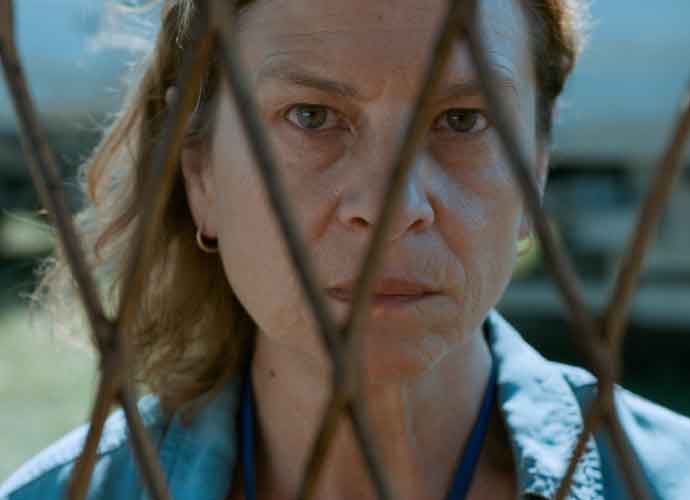‘Quo Vadis, Aida?’ Movie Review: Bosnian War Drama Gives Insight Into Tragedy

3.5/5
One of the biggest questions a filmmaker has to face before depicting a real-life event is the question of perspective: whose perspective will be shown? An actor? A participant? The leaders or the people? The angel of history?
Bosnian director Jasmila Žbanić has chosen an interesting through line for her examination of the 1995 Srebrenica massacre: Aida Selmanagić, translator for the UN observing forces whose duty in her job is brought into conflict with her loyalty to her husband and sons. The entire films seems to lay its cards on the table from the first scene: the players are introduced and their trajectories bound to intersect in rending ways.
The plot of the film is neither complex nor surprising; the movie hardly even takes place onscreen — for just over 100 minutes, the viewer is handed the same emotional palette and asked to turn it over and swallow it. I did not succeed, and I imagine most will not either. For a film whose conclusion feels so inevitable, watching it happen was still impossibly difficult.
Jasna Đuričić, of course, steals the show as Aida, but the performances are not what make this film — it’s Žbanić’s unfaltering eye into the incomprehensibility of suffering, of violence. This is a movie that asks you to step up to the challenge of witnessing the dark streak of history; you will do so, and you will grow limp at what you’ve just witnessed.
RELATED ARTICLES
Get the most-revealing celebrity conversations with the uInterview podcast!







Leave a comment